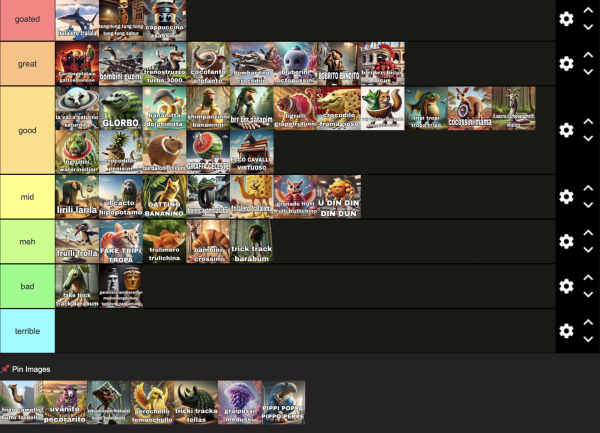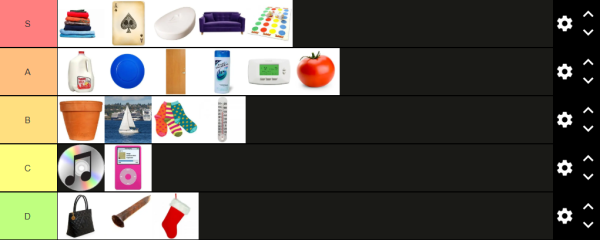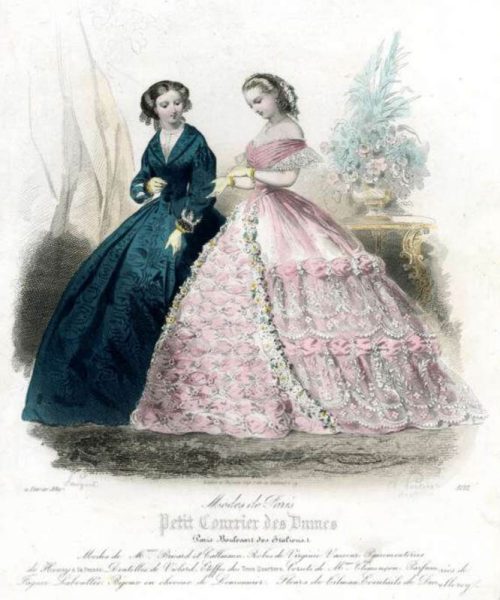Op-Ed: it’s time to stop denying the greatness of Wikipedia
Odds are you’ve probably used Wikipedia recently, either for a school project or personal use. The website describes itself as a “free content, multilingual encyclopedia.” According to its analytics page, Wikipedia is composed of over six million articles, averaging 589 new articles per day. This kind of extensiveness from a website that does not include a paywall nor contains any advertisements is an incredible testament to its readers, who contribute 1.9 edits a second.
When I asked CCES freshman Enes Sen about Wikipedia, he admitted that he had not used the site frequently, but that he had found it useful whenever he did. He also remarked that he would use the site in his free time whenever he wanted to research a person or a place.
With all of this being said, it is important to establish how a free site with no advertisements whatsoever is able to operate financially. Wikipedia relies on donations from less than two percent of its readers. Over the 2020-21 fiscal year, the website reported over one hundred and sixty million dollars worth of donations from its readers compared to an expense total of one hundred eleven million dollars.
With the financial aspect out of the way, we can look at the logistics behind creating a resource detailing the entire history of mankind. A large portion of Wikipedia’s library comes from so-called ‘super-editors’ who write tens of thousands of articles and make millions of edits. The highest number of edits in Wikipedia history comes from Stephen Pruitt, who has made over four million edits and written over thirty-three thousand articles. According to Vice, nearly all of Wikipedia’s articles are written by less than one percent of the site’s total editors. We may never realize it, but we’ve all used these individuals’ work countless times and will continue to do so in the future.
You may be wondering why this all matters. We as a society tend to take things for granted, whether it’s having a roof over your head or having food to eat. An online encyclopedia certainly isn’t as crucial as either of those, but the documentation of over six million subject matters is an extremely overlooked achievement. While certain articles concerning less noteworthy topics may not be the most reliable, anyone who has ever tried to edit one of Wikipedia’s articles knows that the process is no joke. So the next time your teacher lectures you on the demerits of Wikipedia, keep the truth in mind: Wikipedia is a milestone in human achievement and one of the most useful resources the world has ever seen.








